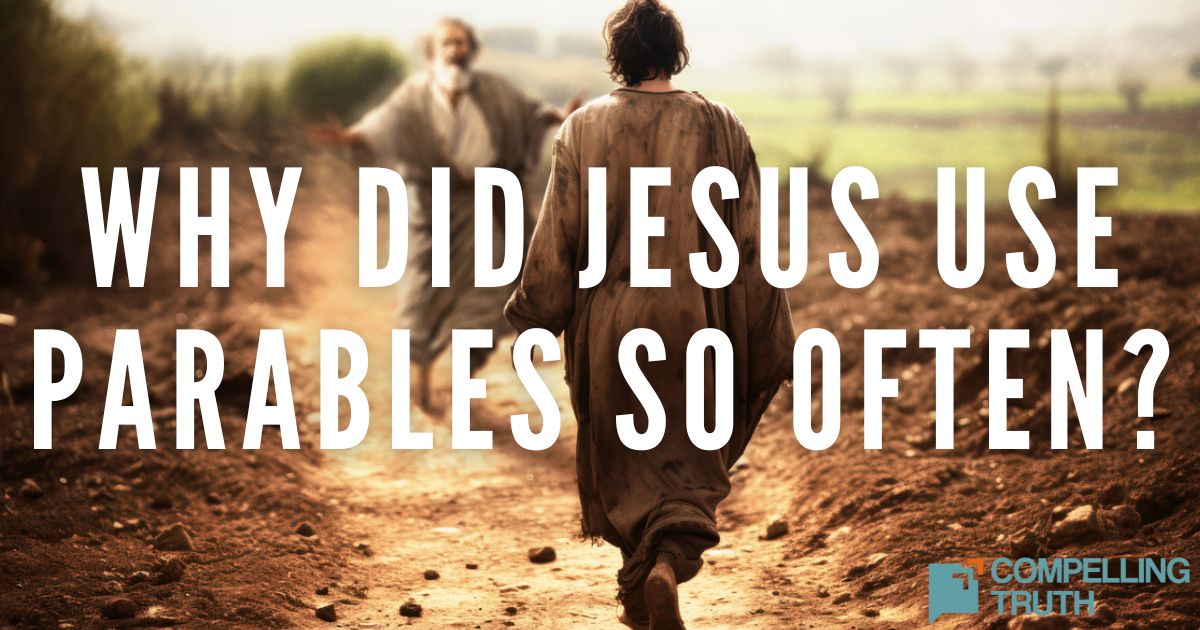what does the bible say?
In Luke 16:9 Jesus says, “And I tell you, make friends for yourselves by means of unrighteous wealth, so that when it fails they may receive you into the eternal dwellings." The parable of the unjust steward precedes this verse (Luke 16:1–8). The characters in the parable are unrighteous, and readers are not meant to emulate their sinful ways. Instead, Jesus uses this story to communicate a spiritual principle about preparing for eternal life by being shrewd stewards of our resources during our present life. This concept matches the Sermon on the Mount where Jesus teaches His followers to "lay up for yourselves treasures in heaven" (Matthew 6:20). Jesus wants believers to use our resources to advance His eternal kingdom while we’re in this earthly realm. This principle of investing money toward lasting returns is seen throughout the Old Testament, too. The Mosaic law included commandments about using resources to honor the Lord (Proverbs 3:9–10; Malachi 3:10) and give to the needy (Deuteronomy 15:7–8). Following these precepts has lasting effects because doing so glorifies the One who put them in place, making God known to the nations (Isaiah 42:6). Overall, Luke 16:9 and many other parts of the Bible teach that money isn’t to be hoarded but used prudently toward what really matters: God’s eternal kingdom.




